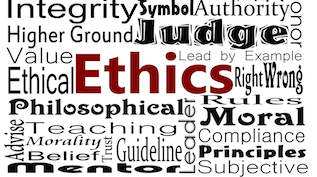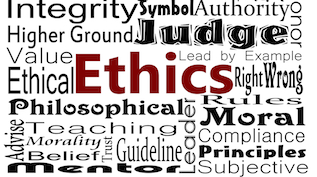How do we include successor generations on the board?
Posted on December 11, 2013 by Michael Rion

In some family foundations, there are eager and willing members of the second, third and even fourth generations who can serve as trustees. In these cases, responsible philanthropy and ethical treatment of family members means developing specific criteria for trustees and applying these criteria objectively in inviting new trustees. Criteria might include such factors as experience and maturity, diversity of… Read More







